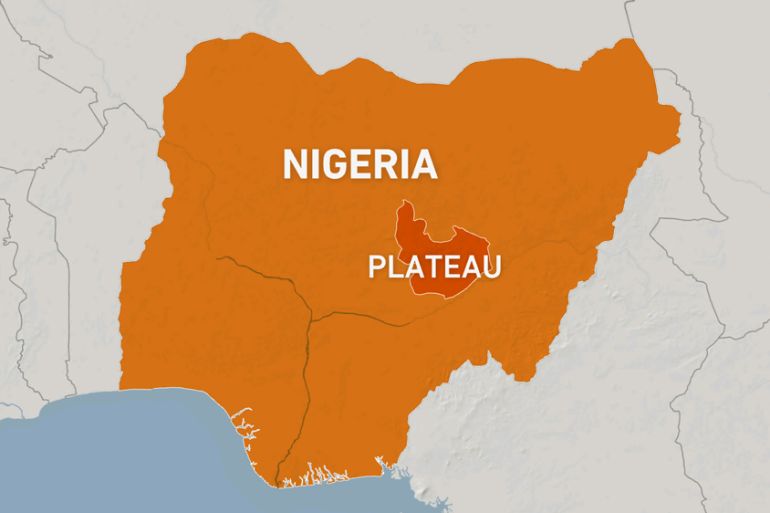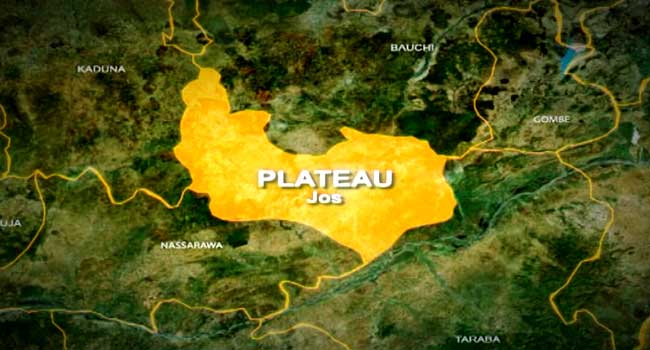Plateau State
States Jan 04, 2025

Table of Contents
Exploring the History and Culture of Plateau State, Nigeria
Plateau State, located in the central region of Nigeria, is renowned for its stunning landscapes, rich history, and diverse cultural heritage. Known as the “Home of Peace and Tourism,” it is a region that has attracted settlers, explorers, and historians for centuries. This article delves into the historical significance and cultural richness of Plateau State, shedding light on what makes it unique in Nigeria’s historical tapestry.
Historical Background of Plateau State

Plateau State has a history that dates back to prehistoric times. Evidence of early human settlements, such as rock paintings and archaeological artifacts, have been found in areas like Shere Hills and Riyom. These findings suggest that the area was inhabited by ancient civilizations long before the advent of modern history.
During the colonial era, Plateau State became a focal point due to its rich deposits of tin and other minerals. The British established mining operations in the early 20th century, which led to the influx of people from various parts of Nigeria seeking employment and opportunities. This migration contributed to the state’s cultural diversity, as different ethnic groups settled in the region.
Ethnic Composition and Cultural Diversity
Plateau State is home to over 40 ethnic groups, each with its unique language, traditions, and customs. Some of the prominent ethnic groups include the Berom, Afizere, Ngas, Mwaghavul, and Tarok. This diversity has given the state a rich cultural fabric that is celebrated through traditional festivals, dances, and art forms.
One of the most famous cultural events in the state is the Nzem Berom Festival, which showcases the traditions, dances, and history of the Berom people. Other notable festivals include the Pusdung Festival of the Ngas people and the Bit Gamai Festival of the Gamai ethnic group. These events provide an opportunity for the people to preserve their heritage while fostering unity among the diverse communities.
Plateau State’s Role in Nigerian History
In addition to its prehistoric and colonial significance, Plateau State has played a vital role in Nigeria’s modern history. Jos, the state capital, served as a strategic hub during the colonial era and later became a melting pot of cultures and ideas. It was also a center for political and social movements during Nigeria’s struggle for independence.
The state’s natural resources, particularly tin, played a significant role in Nigeria’s economic development, contributing to the country’s industrialization in the mid-20th century. Today, Plateau State remains a vital agricultural and tourism hub, with its cool climate, scenic landscapes, and historical landmarks attracting visitors from around the world.
Tourism and Historical Sites
Plateau State is often referred to as Nigeria’s tourism capital due to its breathtaking landscapes and historical sites. Some of the notable attractions include:
- Shere Hills: A range of hills perfect for hiking and rock climbing, offering panoramic views of the surrounding area.
- Jos Museum: Established in 1952, it is one of Nigeria’s oldest museums and houses a collection of artifacts that reflect the region’s history and culture.
- Riyom Rock Formation: A natural wonder that has become a symbol of Plateau State’s geological and historical significance.
- Assop Falls: A picturesque waterfall that is a favorite spot for nature enthusiasts and photographers.
These sites not only showcase the natural beauty of the region but also offer a glimpse into its rich historical and cultural heritage.
Conclusion
Plateau State, with its fascinating history and vibrant cultural diversity, stands as a testament to the richness of Nigeria’s heritage. From its prehistoric roots to its role in shaping modern Nigeria, the state continues to be a beacon of cultural preservation and historical significance. Whether you are a history enthusiast, a cultural explorer, or a nature lover, Plateau State offers an unforgettable experience that captures the essence of Nigeria’s past and present.
